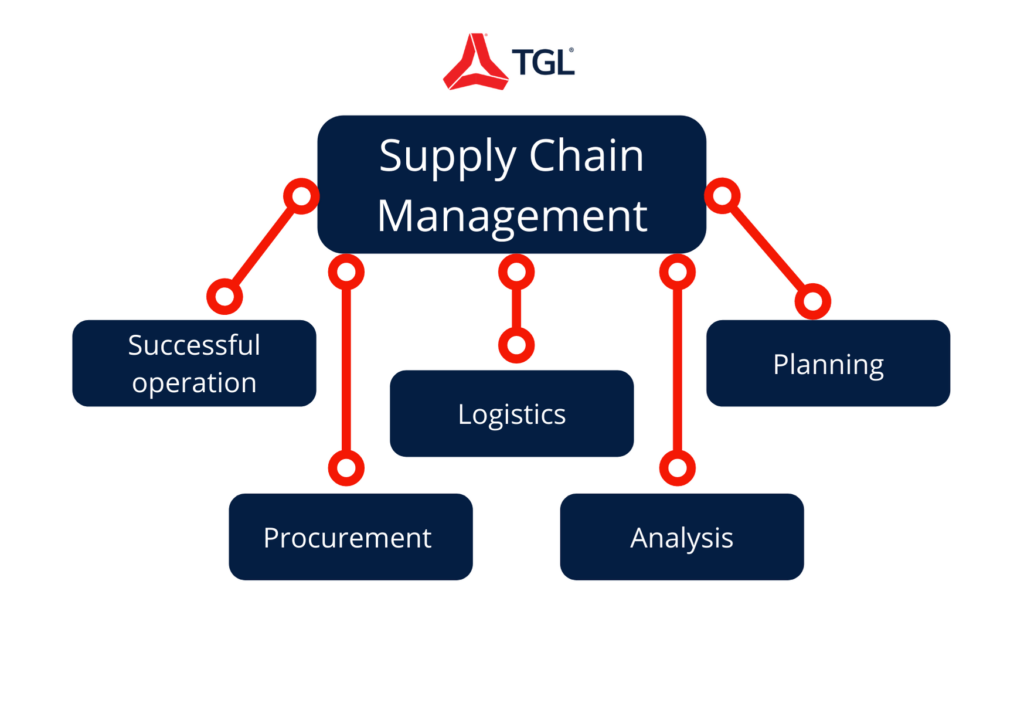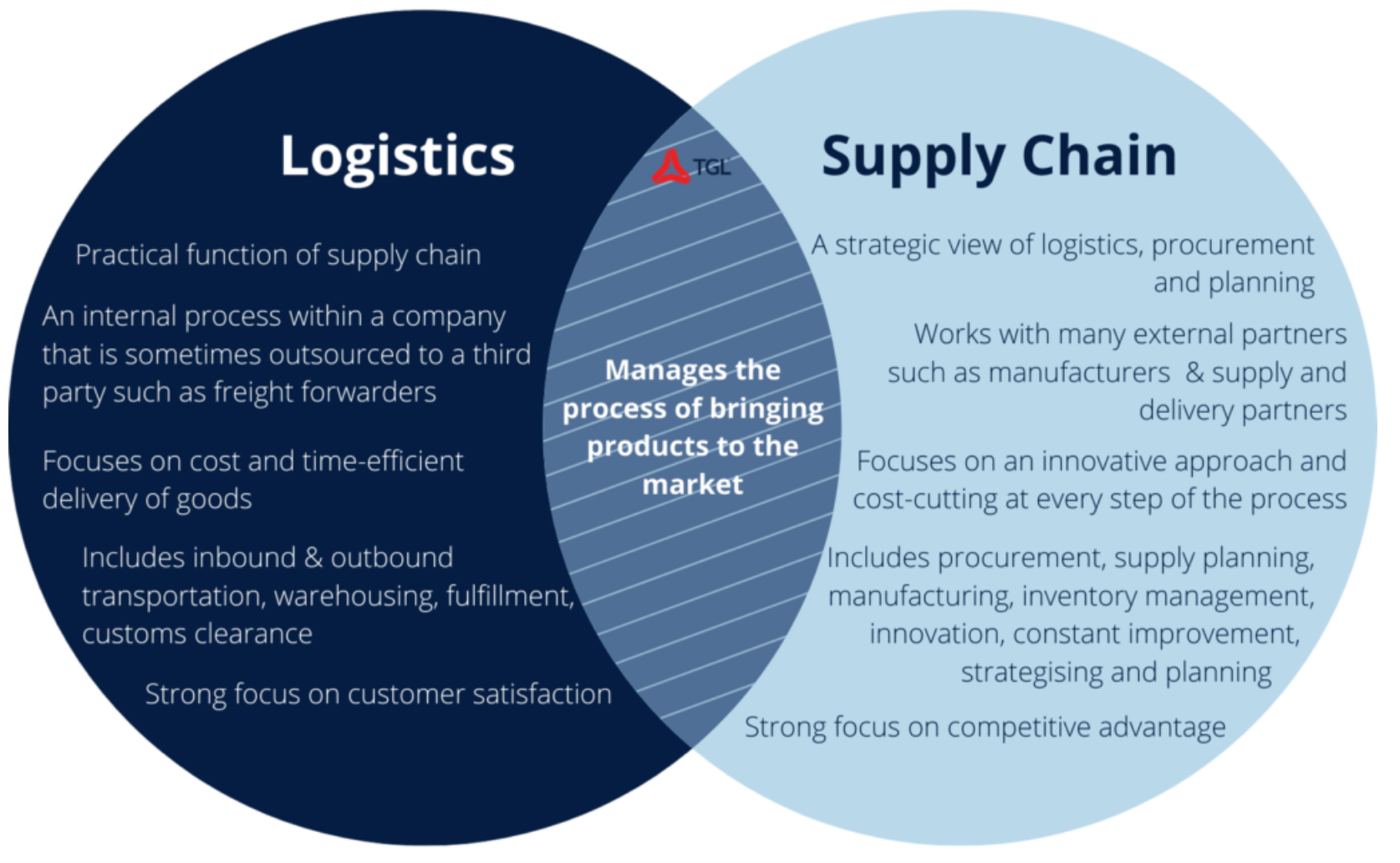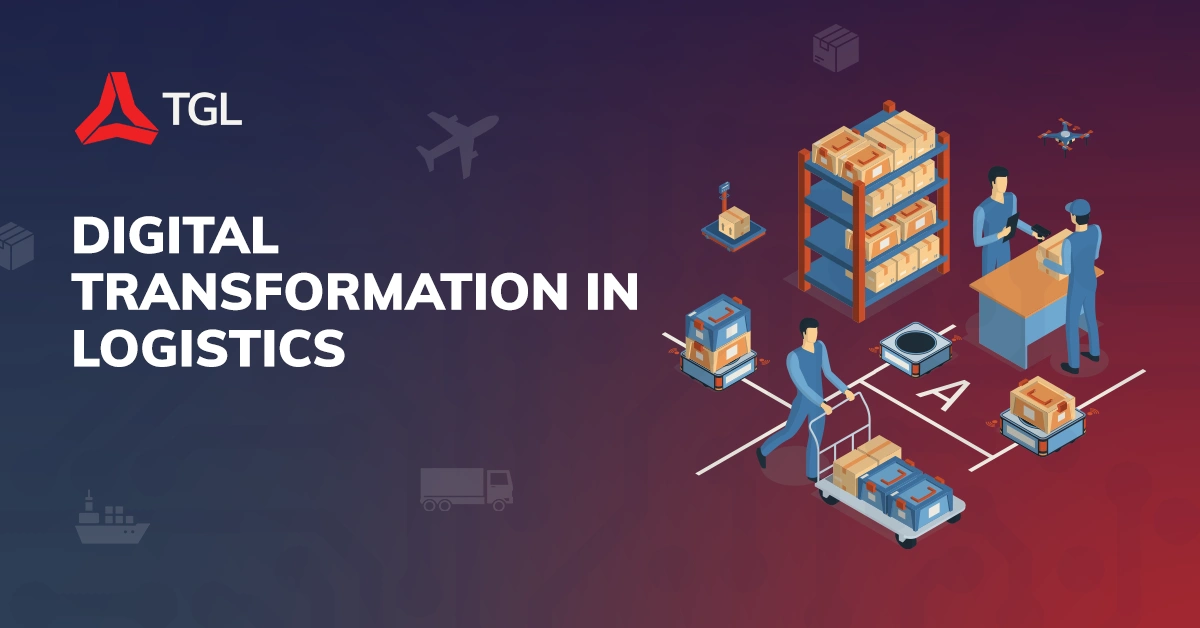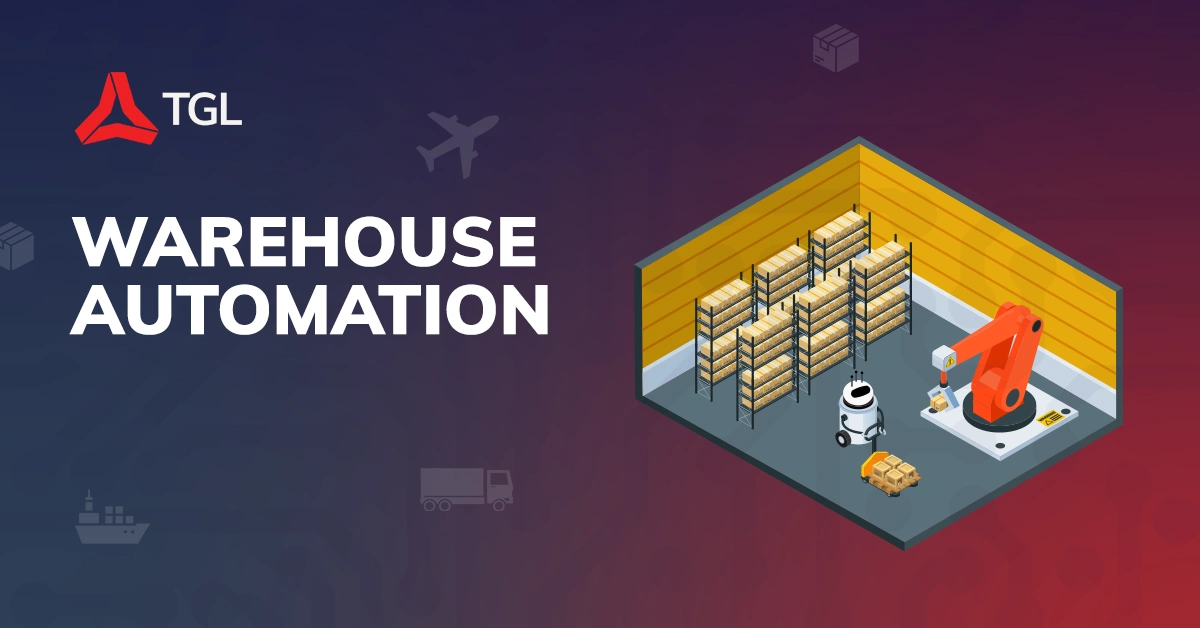What is the Difference between Logistics and Supply Chain Management?

Introduction
Logistics and supply chain management are closely related but distinct concepts in the realm of business operations. While they share common goals of optimizing the movement of goods and ensuring customer satisfaction, there are key differences between the two.
What is Logistics?
Logistics is the movement of goods and supplies from one destination to another. Logistics originated in the 19th century as "Logistique" which was used to explain the movement of military equipment (1). Over time logistics has moved away from its military background and is used by businesses to transport their physical goods.
Logistics refers to the management of the flow and storage of goods, from the point of origin to the point of consumption. It primarily focuses on the efficient coordination of activities such as transportation, warehousing, inventory management, and order fulfilment. Logistics aims to ensure the timely delivery of products, minimize costs, and streamline operations within a specific organization or department.
What is Supply Chain Management?
Supply chain management is a holistic and strategy-focused overview of logistics. This discipline encompasses all aspects of how companies' source raw materials, manufacture goods, quality check and distribute them to retailers and customers. To further explain, think of supply chain management like this: Logistics is a part of Supply Chain Management.
Supply chain management encompasses a broader perspective and encompasses all activities involved in the sourcing, procurement, production, and distribution of goods. It extends beyond individual organizations and involves the integration and coordination of various stakeholders, including suppliers, manufacturers, distributors, and customers. Supply chain management aims to optimize the entire network, from raw material sourcing to the end consumer, by aligning strategies, processes, and information flow across all stages.

To further explain the differences and similarities between Logistics and Supply Chain Management, the diagram below has been created.
The benefits of effective logistics and supply chain management are numerous for companies:
-
Cost savings: Efficient logistics and supply chain management help reduce transportation costs, minimize inventory holding costs, and improve overall operational efficiency. By streamlining processes, companies can eliminate waste, improve resource allocation, and achieve cost savings throughout the supply chain.
-
Improved customer satisfaction: A well-managed supply chain ensures timely delivery, accurate order fulfilment, and effective communication with customers. This leads to improved customer satisfaction, loyalty, and repeat business.
-
Increased flexibility and responsiveness: Effective supply chain management allows companies to respond quickly to changes in customer demand, market conditions, and unforeseen disruptions. It enables companies to adapt production and distribution strategies, optimize inventory levels, and meet customer needs efficiently.
-
Enhanced collaboration and relationships: Supply chain management encourages collaboration and strong relationships among suppliers, manufacturers, and distributors. Close collaboration helps to improve communication, trust, and transparency, leading to better coordination and mutually beneficial outcomes.
-
Competitive advantage: Companies with well-developed supply chains gain a competitive edge by offering superior customer service, shorter lead times, and lower costs. They can respond quickly to market trends, launch new products faster, and maintain high product quality, positioning themselves as industry leaders.
Thriving companies recognize the importance of good suppliers in their supply chain. With reliable suppliers, companies benefit from:
-
Consistent product quality: Good suppliers adhere to high-quality standards, ensuring that the materials or components received meet the required specifications consistently. This reduces the risk of defects or product failures and maintains customer satisfaction.
-
Timely delivery: Reliable suppliers understand the importance of timely delivery and work closely with their customers to meet deadlines. On-time delivery minimizes production disruptions and helps companies maintain their own delivery commitments to customers.
-
Innovation and collaboration: Good suppliers actively collaborate with companies, sharing expertise, market insights, and technological advancements. This collaboration fosters innovation, enables the introduction of new products or features, and helps companies stay ahead of the competition.
-
Risk management: Trusted suppliers have robust risk management practices in place, reducing the likelihood of supply disruptions, quality issues, or ethical concerns. This minimizes potential negative impacts on a company's operations, reputation, and bottom line.
With an ever-changing business world due to technology, it is crucial for businesses to harness innovation to further drive their business products and ideas but also to manufacture and distribute their goods in the most cost and time-efficient manner. Although Logistics and Supply Chain Management have two different practical focus', both of their core focus will always be to manage the flow and process of bringing goods to the market.
To further manage your logistics, an outsourced partner such as a Freight Forwarder (FF) can be helpful. Read more about how FF's can be helpful to your business. By gaining access to a network of suppliers, providing unobtained information, constant shipping tracking and updates and competitive pricing, Freight forwarders can be pivotal to managing the next growth stages of your business.



